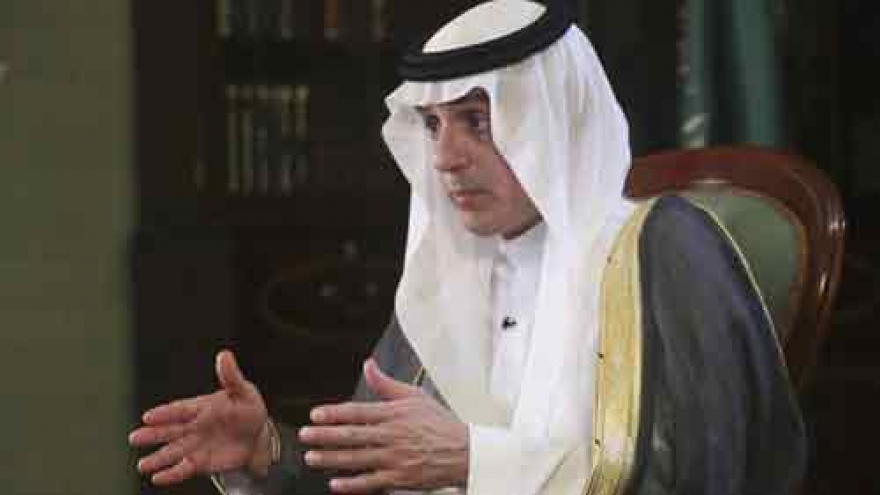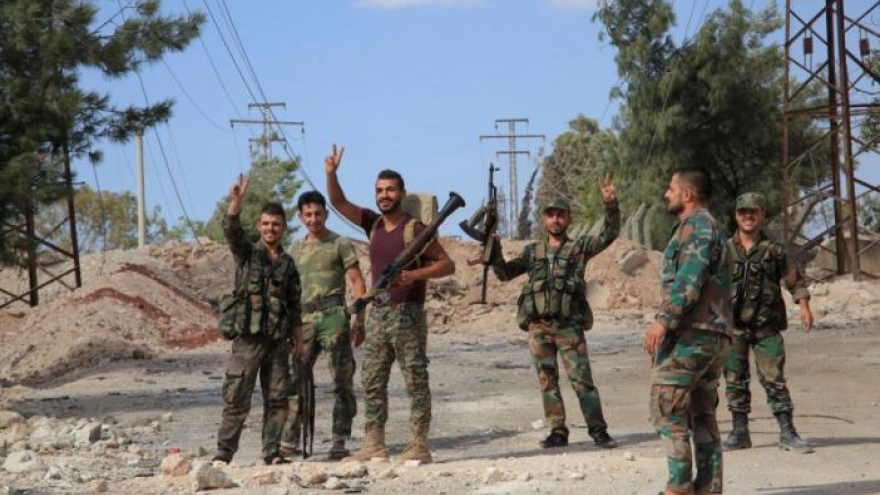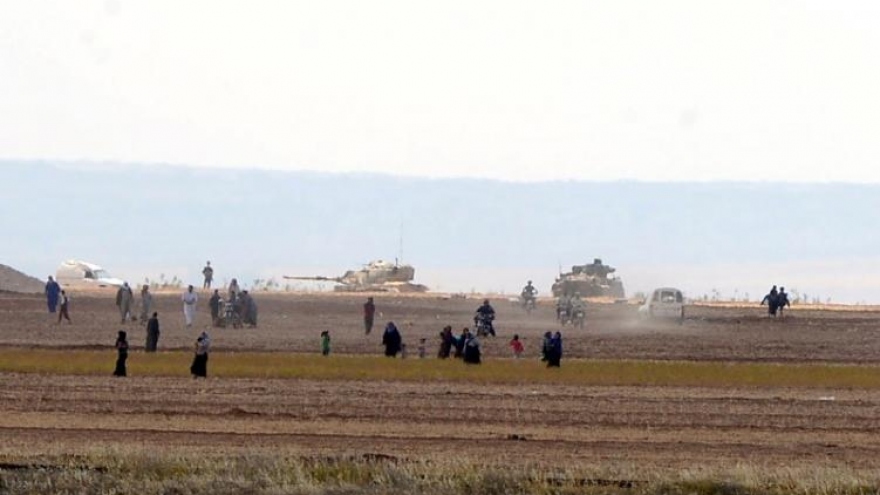Iraq militia fighters join battle for Syria's Aleppo
An Iraqi Shi'ite militia said on September 7 it had dispatched more than 1,000 fighters to the frontline in neighboring Syria, escalating foreign involvement in the battle for Aleppo, the biggest prize in five years of relentless civil war.
 |
| A general view shows the damage at a military complex, after forces loyal to Syria's President Bashar al-Assad recaptured areas in southwestern Aleppo on September 4 that rebels had seized last month, Syria, in this handout picture provided by SANA on September 5, 2016. SANA/Handout via REUTER |
Aleppo has been divided for years into government and rebel sectors, but President Bashar al-Assad's army has put the opposition areas under siege and now hopes to capture the whole city in what would be a devastating blow to his enemies.
Government forces are backed by Russian air power and battle-hardened Lebanese and Iraqi Shi'ite militia fighters under the apparent oversight of an Iranian general.
The arrival of reinforcements from Iraq, where Shi'ite militia are fighting their own war against the Islamic State group, shows how the Syrian and Iraqi conflicts have leapt borders, to become a broad sectarian war across the Middle East.
Hashim al-Moussawi, a spokesman for the Iraqi Shi'ite militia Harakat al-Nujab, said its fighters would reinforce areas captured from the rebels in southern Aleppo.
The militia's Twitter account showed pictures of its fighters at the Syrian front with Iranian Major General Qassem Soleimani, commander of foreign operations for the elite Revolutionary Guards, who has led operations by Tehran's allies in both Syria and Iraq.
Rebel commanders said they are preparing to launch their own counter-offensive aimed at breaking the siege of the city, which was reimposed in recent days following weeks of intense fighting around a military complex.
Rebels lost the complex of military colleges to pro-government forces on Sunday near the Ramousah area of southwestern Aleppo, where they had opened a way into the city.
Five years after the multi-sided war began, hundreds of thousands of people have been killed and 11 million - half of Syria's pre-war population - displaced. But there is little sign that any party is poised for victory or can restore stability, and foreign powers are becoming more involved.
In recent weeks, Turkey has sent its troops across the border to combat Islamic State and Kurdish fighters. The United States, which is trying to negotiate a ceasefire with Russia, has backed Kurdish forces advancing against Islamic State.
Meanwhile, the plight of some 250,000 civilians trapped in rebel-held districts of Aleppo has spurred international efforts to agree a new humanitarian truce. But Russian Foreign Minister Sergei Lavrov and U.S. Secretary of State John Kerry have not reached agreement over the details of a ceasefire.



